15 Surprising Dog Breeds That Are Amazing Companions for Veterans
Finding the right dog can be life-changing, especially for veterans looking for steady companionship and emotional support. While the usual suspects get a lot of attention, there are also some unexpected breeds that might be the perfect fit. Here are 15 dog breeds that veterans often find to be loyal, helpful, and surprisingly great company.
Boxer
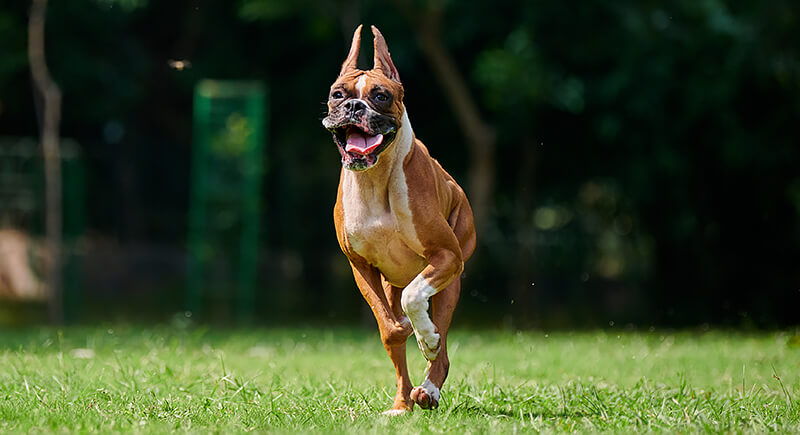
Credit: iStockphoto
A well-trained Boxer can sense when something’s off before their human says a word. Their expressive faces help too; it’s not hard to tell what they’re thinking. They’re protective but not aggressive, excel in homes with unpredictable schedules, and handle change better than many high-energy breeds.
Cavalier King Charles Spaniel
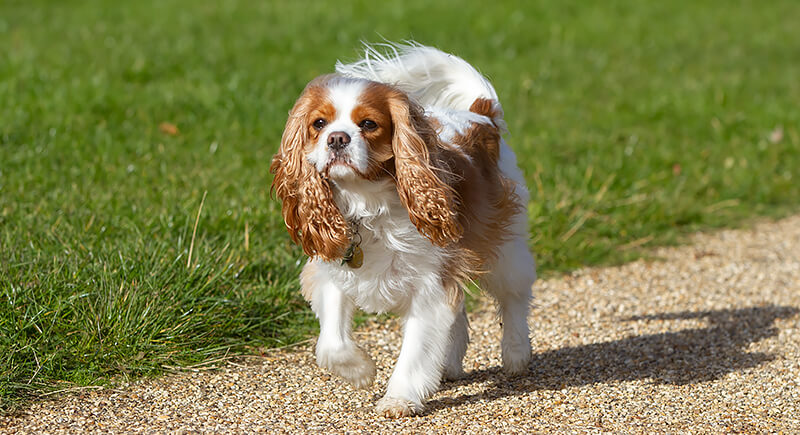
Credit: iStockphoto
This small spaniel was bred for lap time, and it shows. They’re not noisy, but they’ll follow you from room to room. Many veterans dealing with anxiety appreciate their constant presence without the need for high activity. Plus, they’re small enough for apartment living and rarely show territorial behavior.
Bernese Mountain Dog
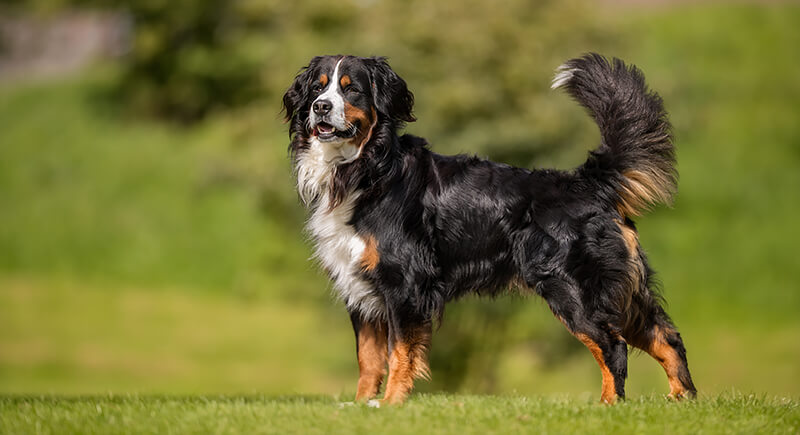
Credit: iStockphoto
These Swiss farm dogs are built for tough work in cold climates. Their tolerance for unpredictable noise and movement makes them a natural match for families with children or veterans recovering from sensory overload.
Labrador Retriever
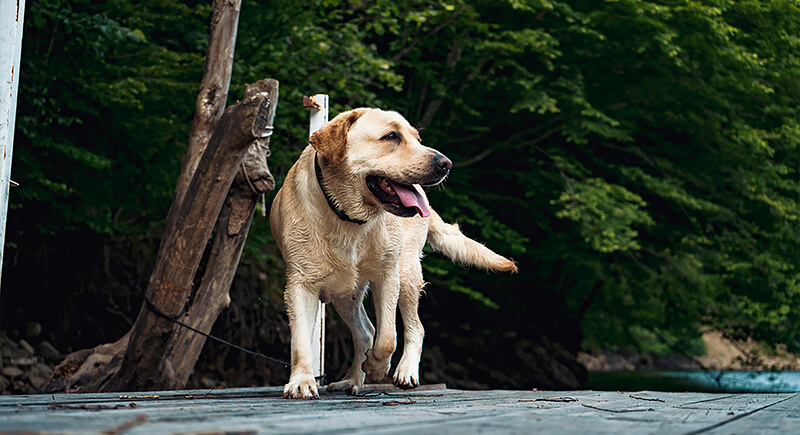
Credit: pexels
Veterans in recovery often find comfort in how a Lab stays close but is not demanding. Labs are probably the most recognized service dogs for a reason. They can read human emotions and are among the few breeds known to adjust their energy level to match their owner’s pace.
Standard Poodle
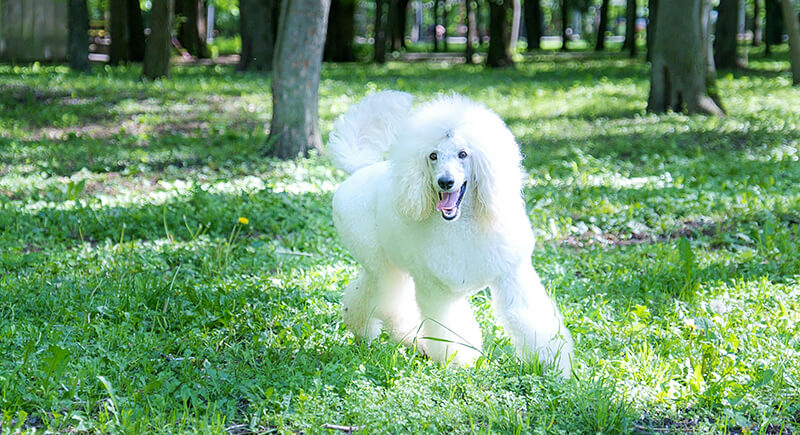
Credit: pexels
Don’t judge them by their grooming; Poodles ranked second to Border Collies in problem-solving tests. They often anticipate tasks before commands are given and pick up new routines in just a few tries. Veterans with asthma or dog allergies are drawn to them for their low-allergen coat.
German Shepherd
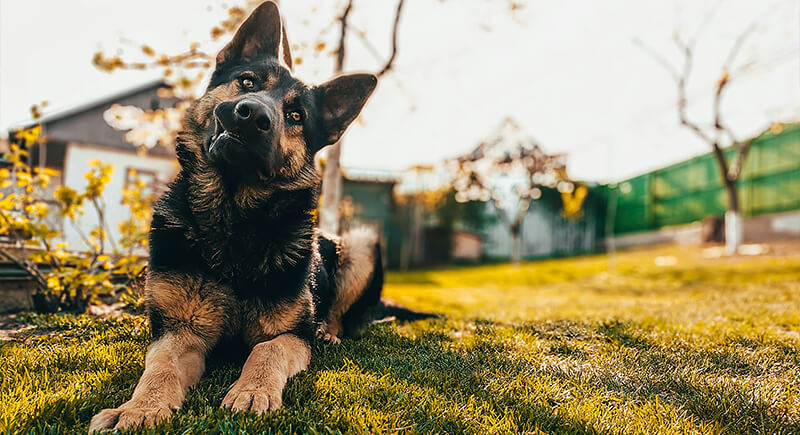
Credit: pexels
Shepherds have worked alongside officers for decades, so many veterans already have a built-in trust for the breed. They’re steady under pressure and quick to pick up commands. But outside of service roles, they’re also affectionate housemates that thrive on purpose and partnership.
Golden Retriever
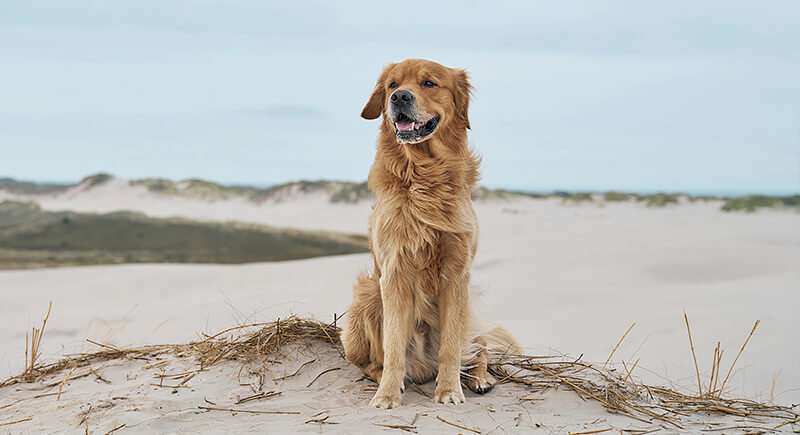
Credit: pexels
Goldens have an uncanny ability to soften a room. Because they easily earn trust, they often become unofficial social bridges for veterans who struggle with public interaction. Goldens are regularly used in therapy programs at VA hospitals and clinics.
Border Collie
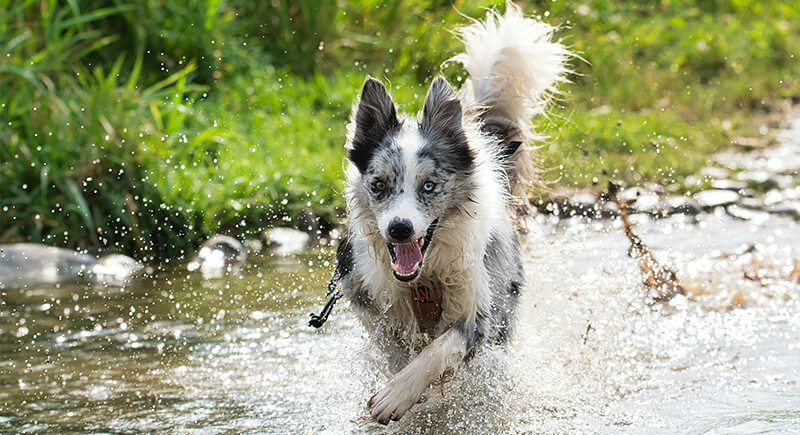
Credit: pexels
If you’ve got a Border Collie, you’ve basically hired a live-in project manager. They’ll remember where the keys go, when it’s time for walks, and probably remind you if the coffee machine hasn’t been turned off. Their high intelligence needs outlets like agility training, scent work, or even hide-and-seek games.
Irish Wolfhound
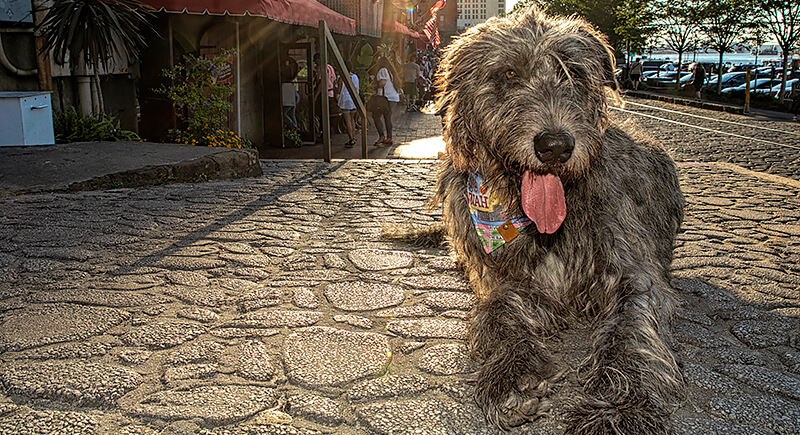
Credit: iStockphoto
Despite standing nearly three feet tall at the shoulder, Wolfhounds are known as “gentle giants.” They avoid confrontation, bark rarely, and prefer slow-paced walks to backyard zoomies. Veterans with sensory sensitivities often find peace in their calm demeanor.
Great Dane
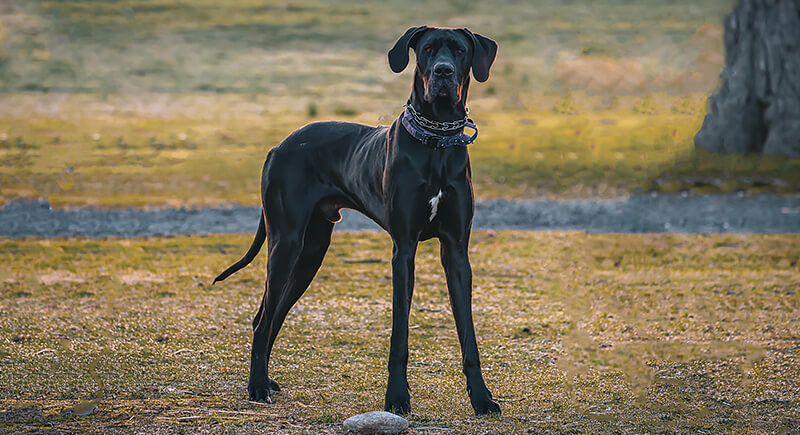
Credit: pexels
Danes look like something out of Norse mythology, but they’re total couch potatoes. After puppyhood, their activity level drops significantly. Veterans in smaller households with stable routines usually find them surprisingly low-maintenance.
Belgian Malinois
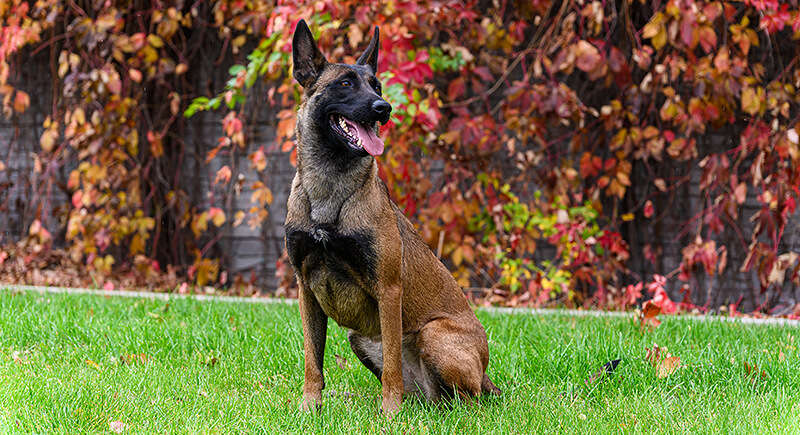
Credit: iStockphoto
For veterans who miss structured interaction, these dogs often fill the gap. But they’re not casual pets—they need daily physical and mental challenges. Some veterans train them for scent detection, obstacle work, or precision tasks like turning off lights or retrieving medication pouches.
Pomeranian
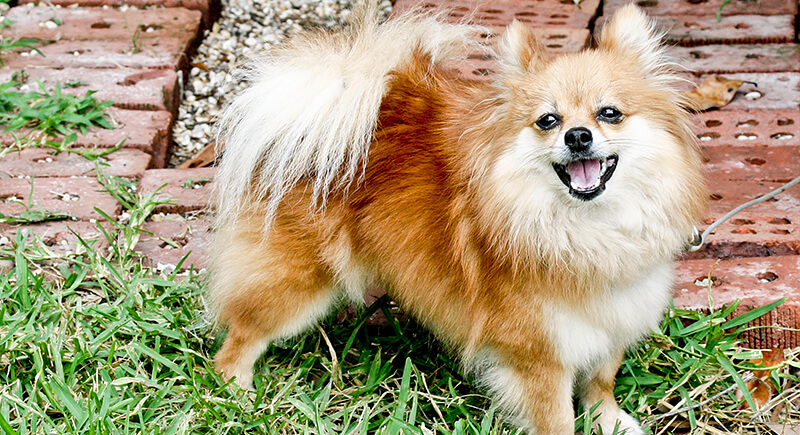
Credit: Wikimedia Commons
It’s easy to dismiss the Pomeranian as too tiny to be helpful, but they’re surprisingly intuitive, alert dogs. Some have even been trained to detect changes in blood sugar or respond to early signs of anxiety.
Lhasa Apso
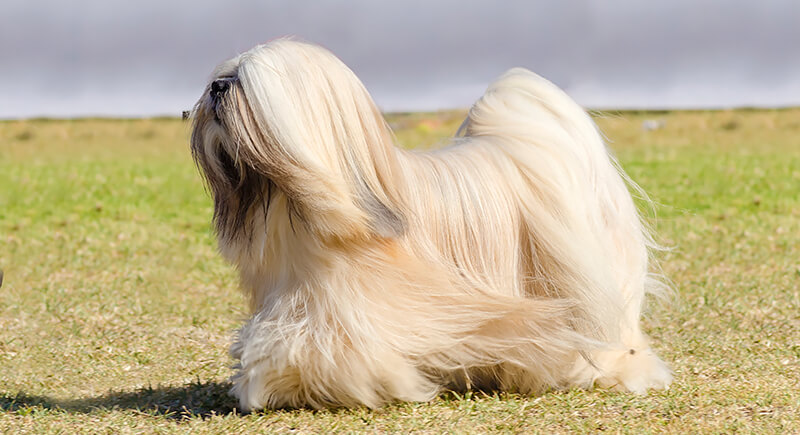
Credit: iStockphoto
Lhasas were bred to guard Tibetan monasteries and have a built-in watchdog instinct. They don’t bark unless there’s a reason, and they prefer to observe before jumping in. That tendency to analyze before reacting can help those who don’t want unpredictable energy in their homes.
Australian Cattle Dog
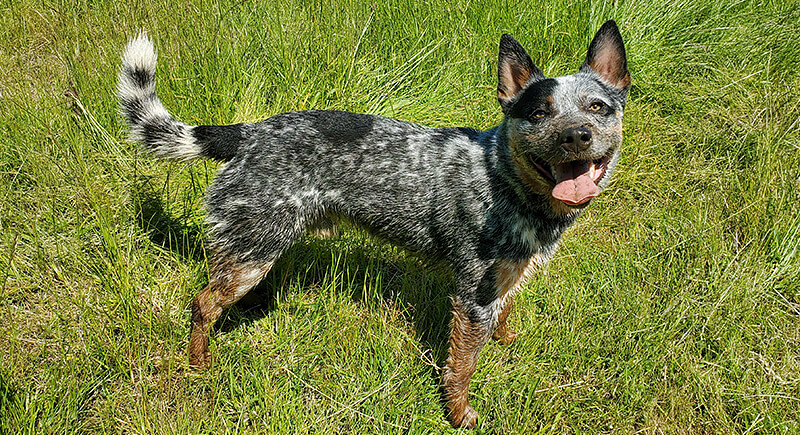
Credit: Wikimedia Commons
Veterans who thrive on staying busy tend to match the Cattle Dog’s work ethic well. They like having tasks, whether it’s agility training or morning hikes. Their brains need engagement as much as their bodies. Once they know their person, they’re fiercely protective and thrive on consistency.
Schnauzer (Standard)
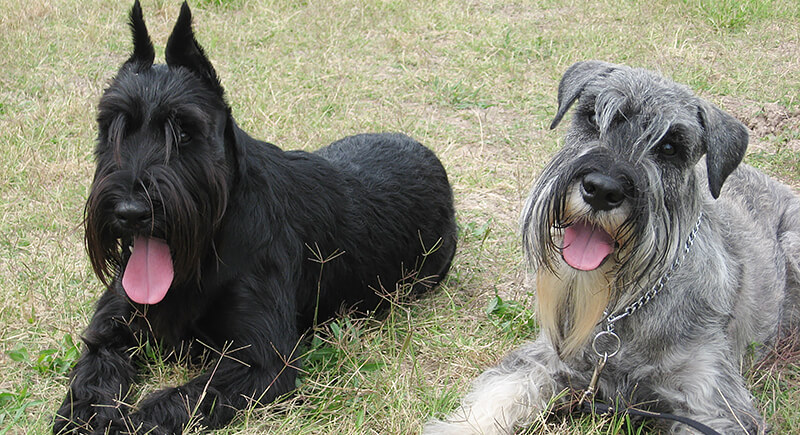
Credit: Wikimedia Commons
Schnauzers strike a nice balance between serious and silly. They’re naturally alert and responsive, which makes them great companions for someone who wants a dog with a bit of personality and a lot of awareness. They’re also low-shedding, which helps with easier upkeep.